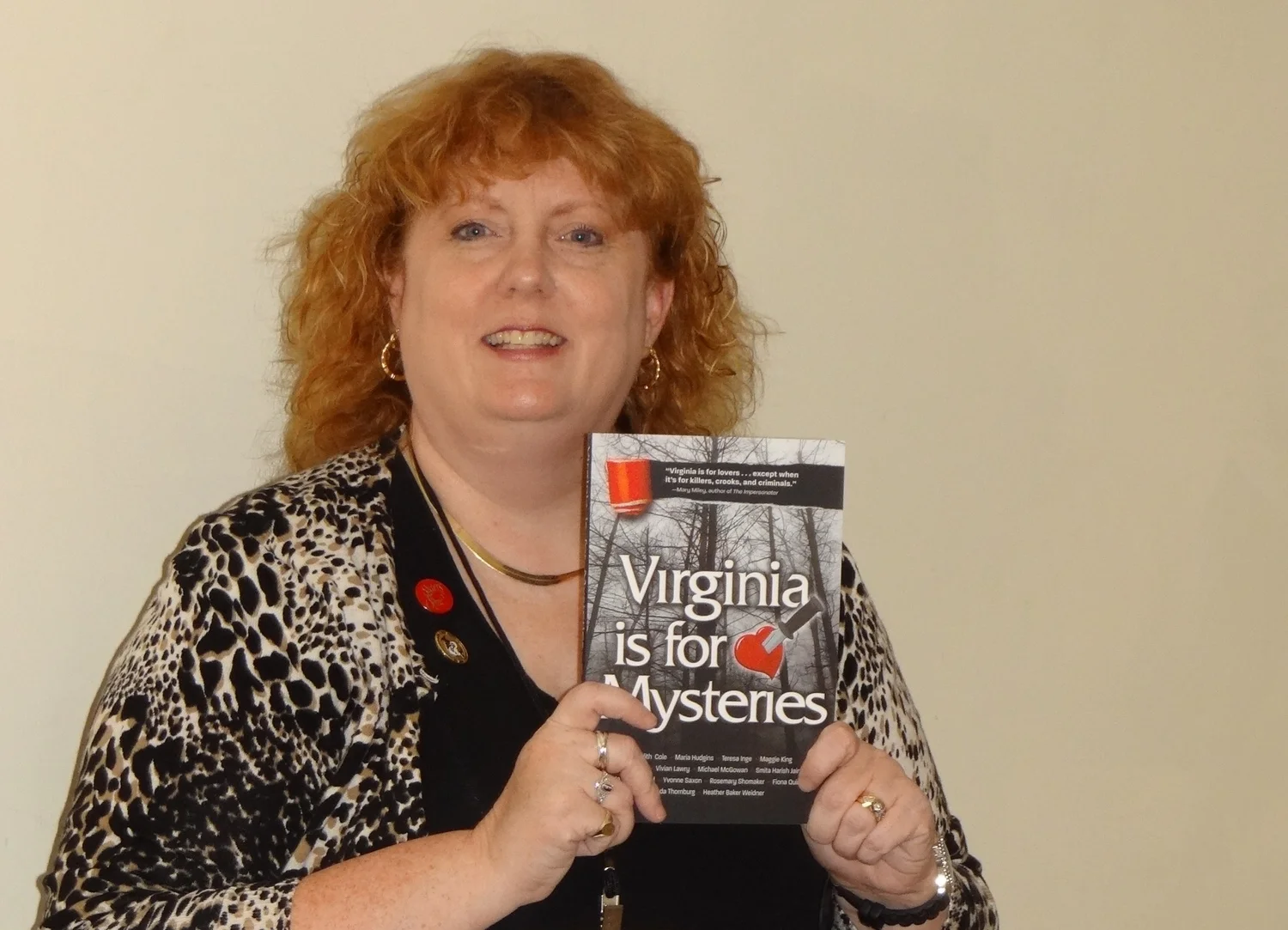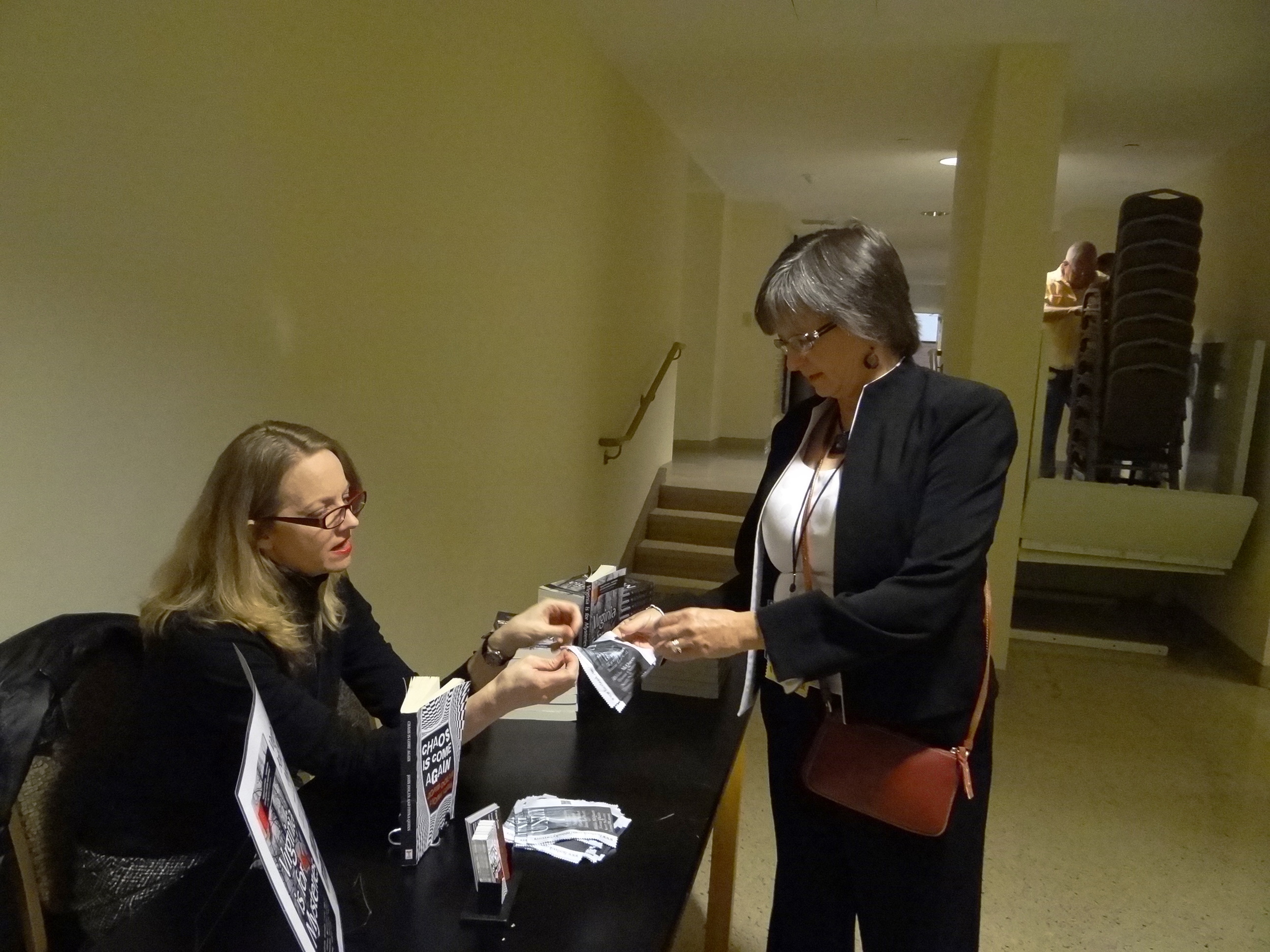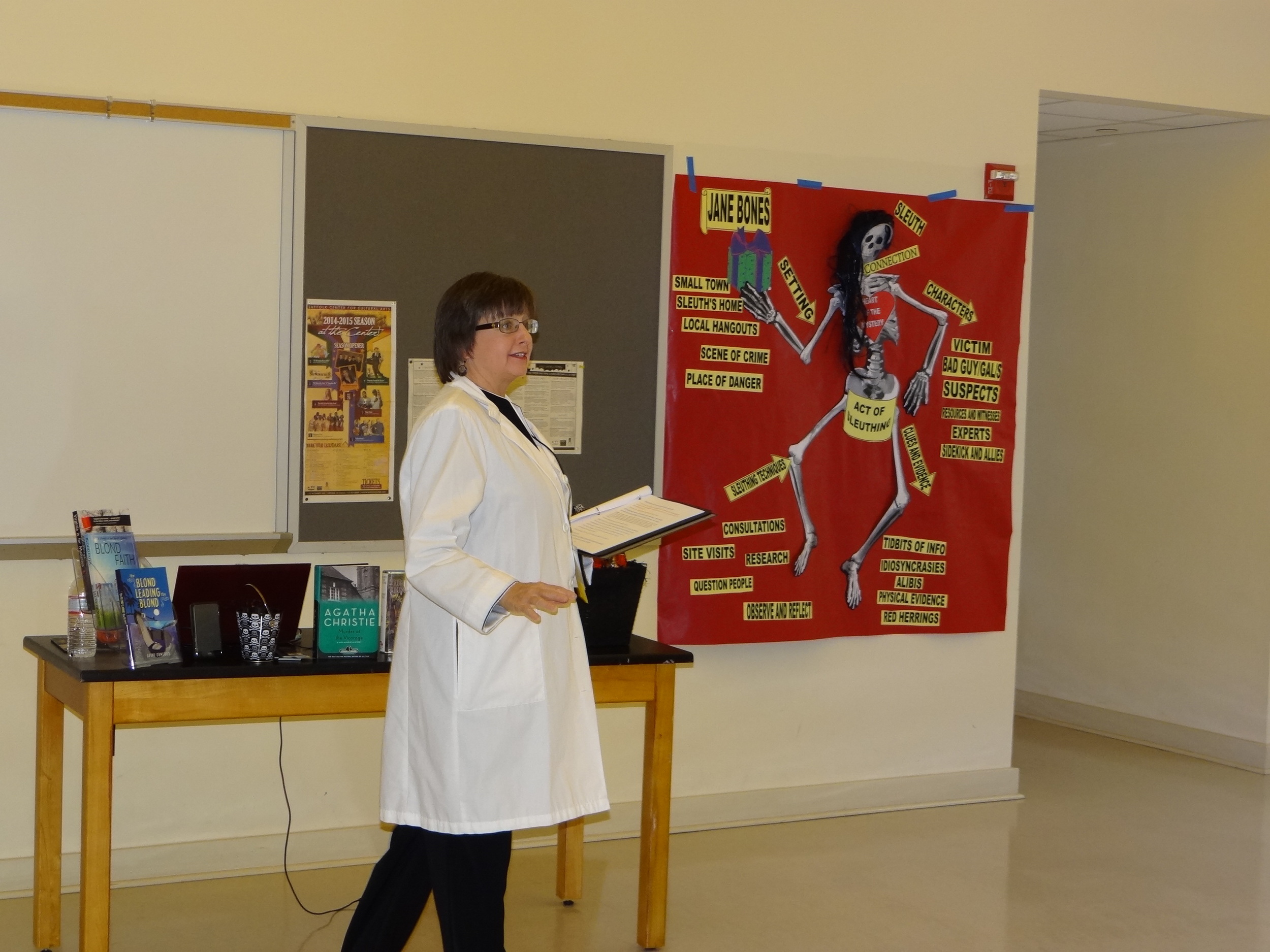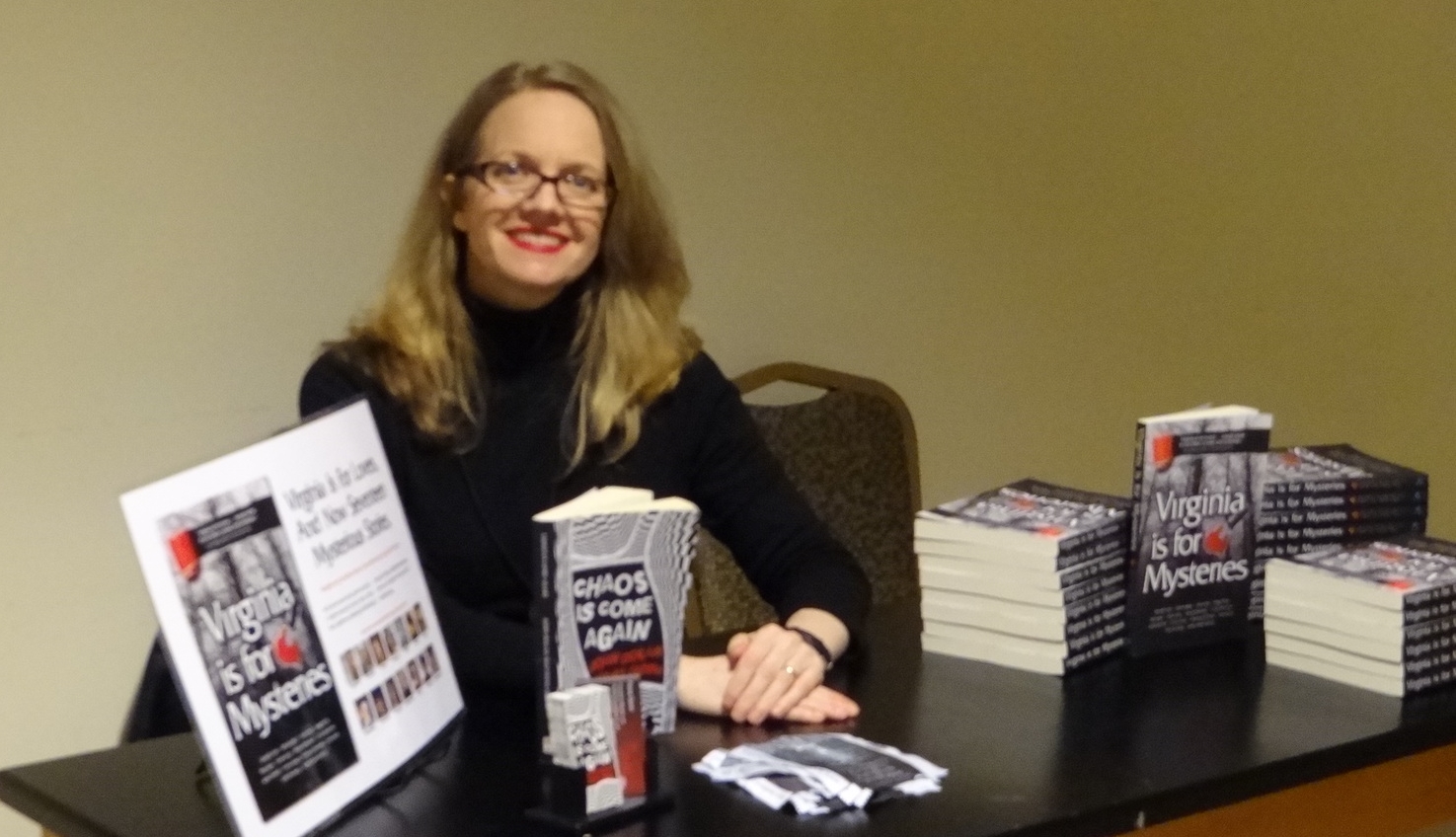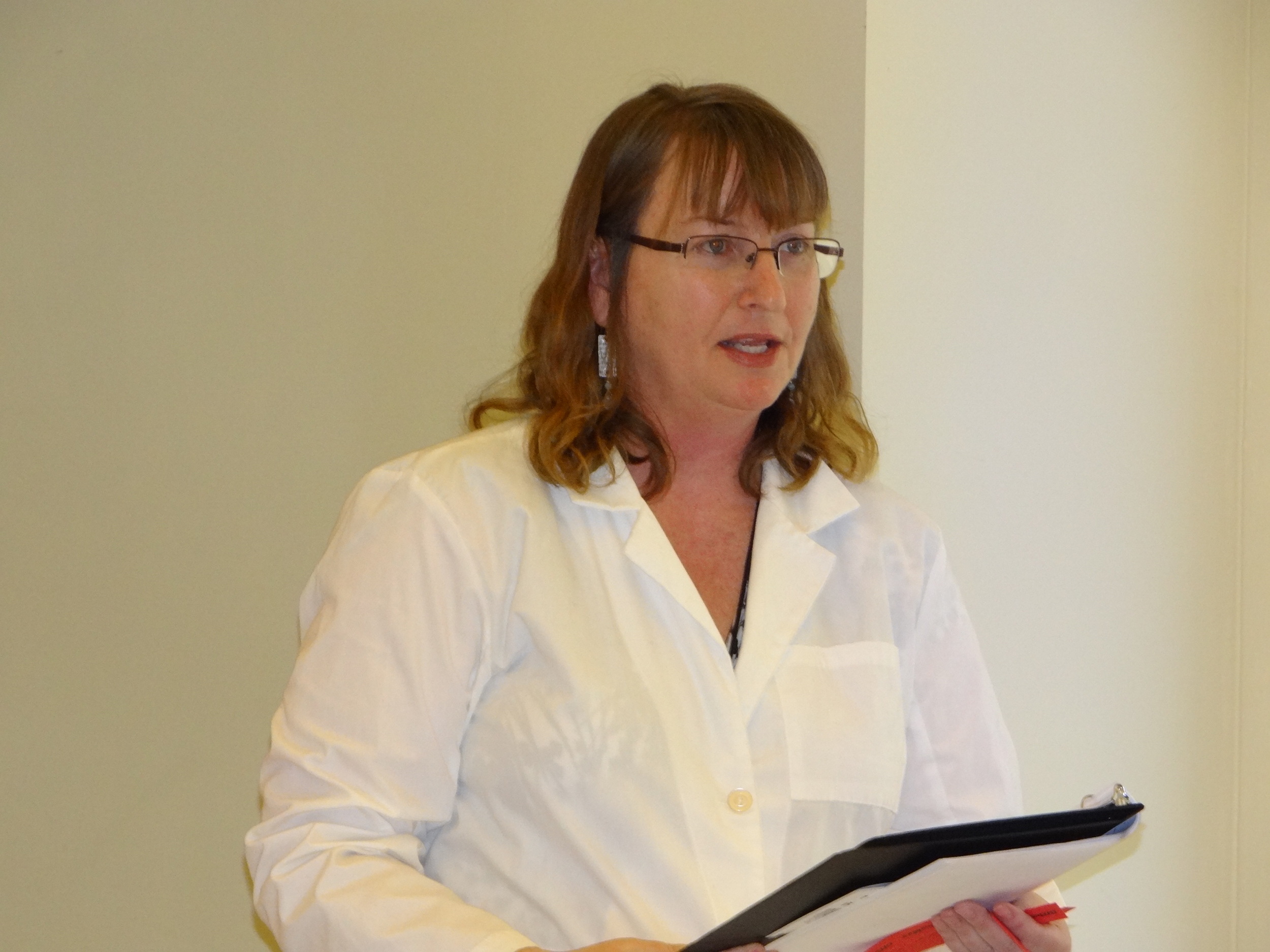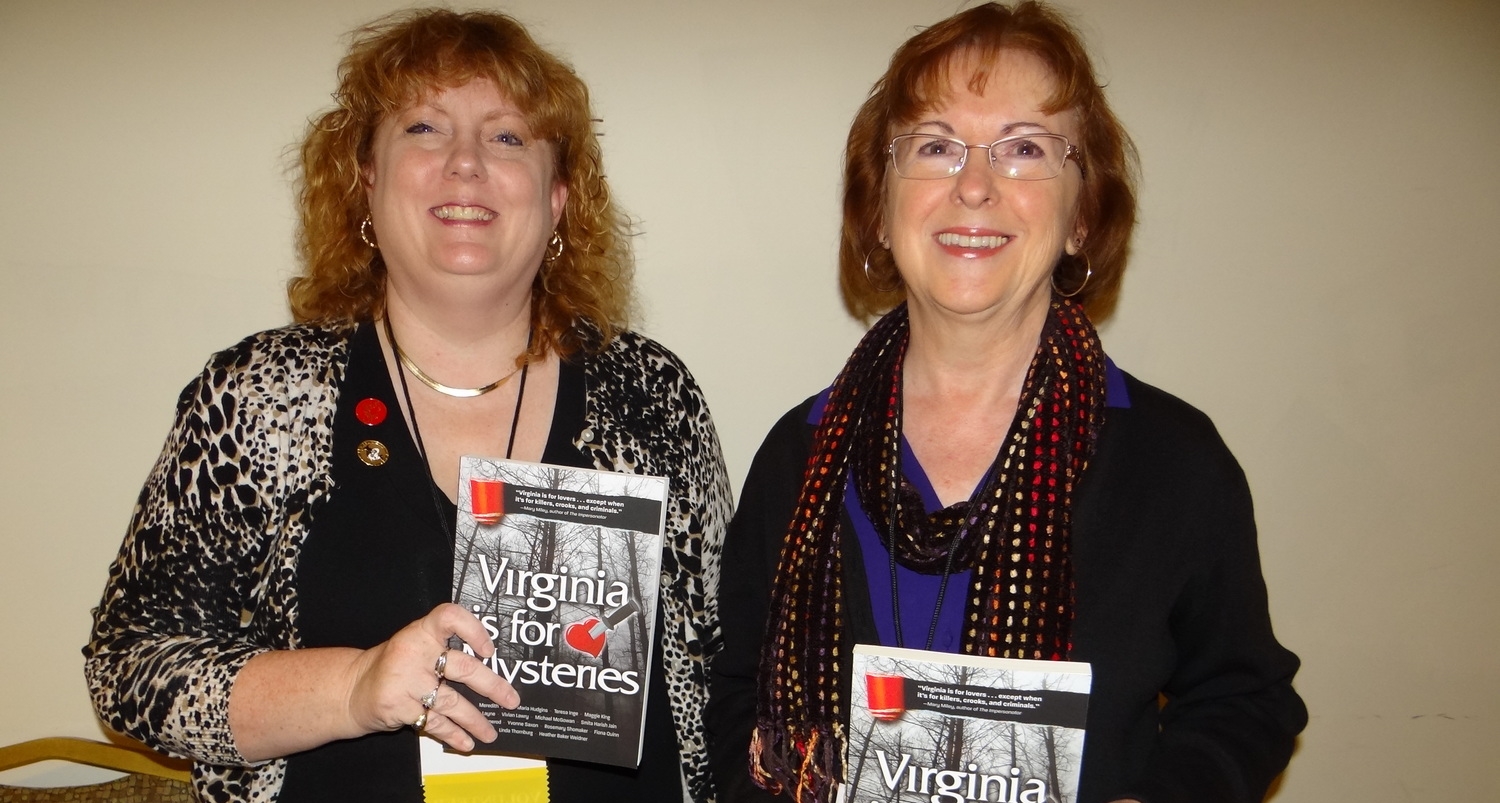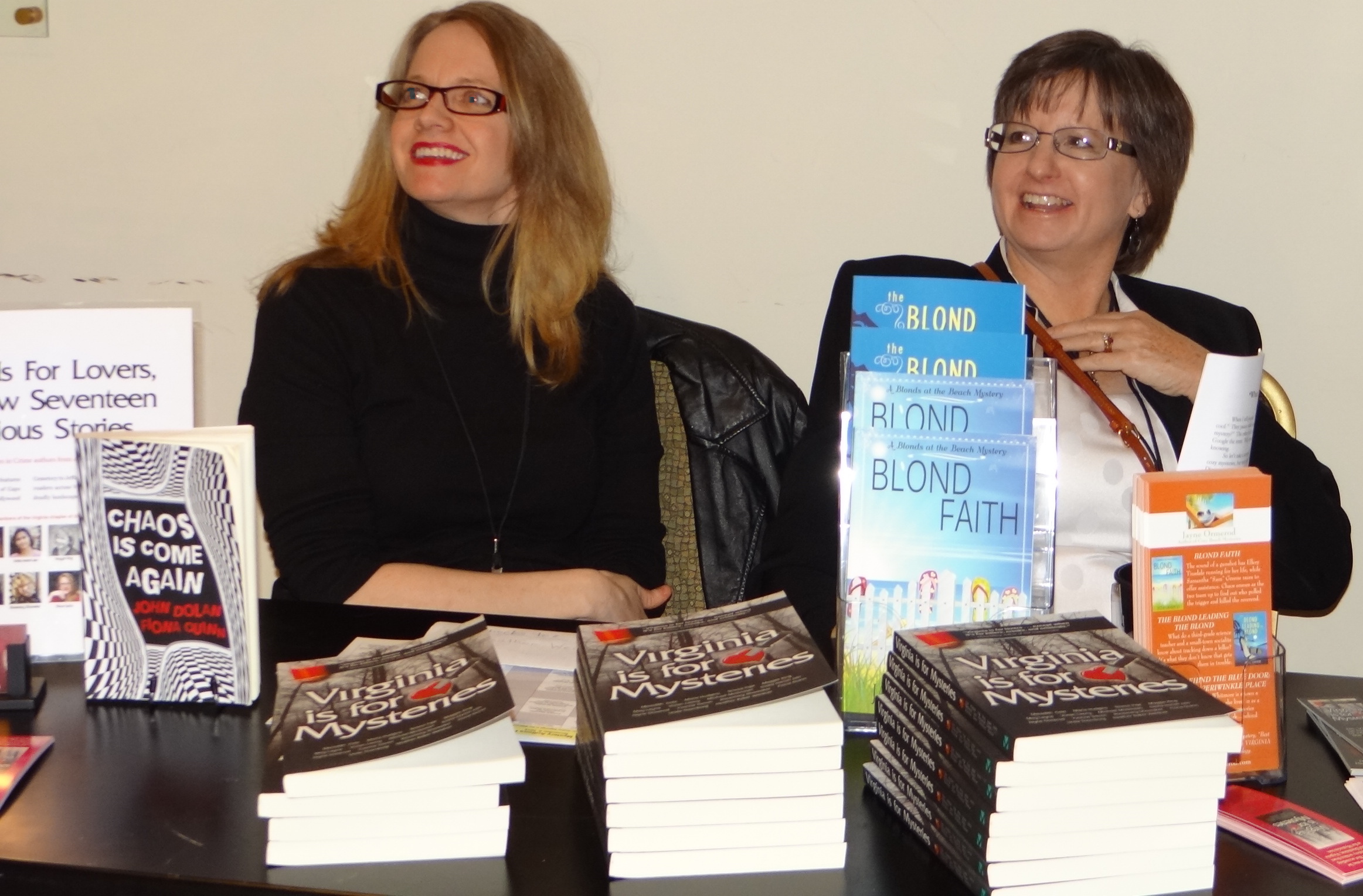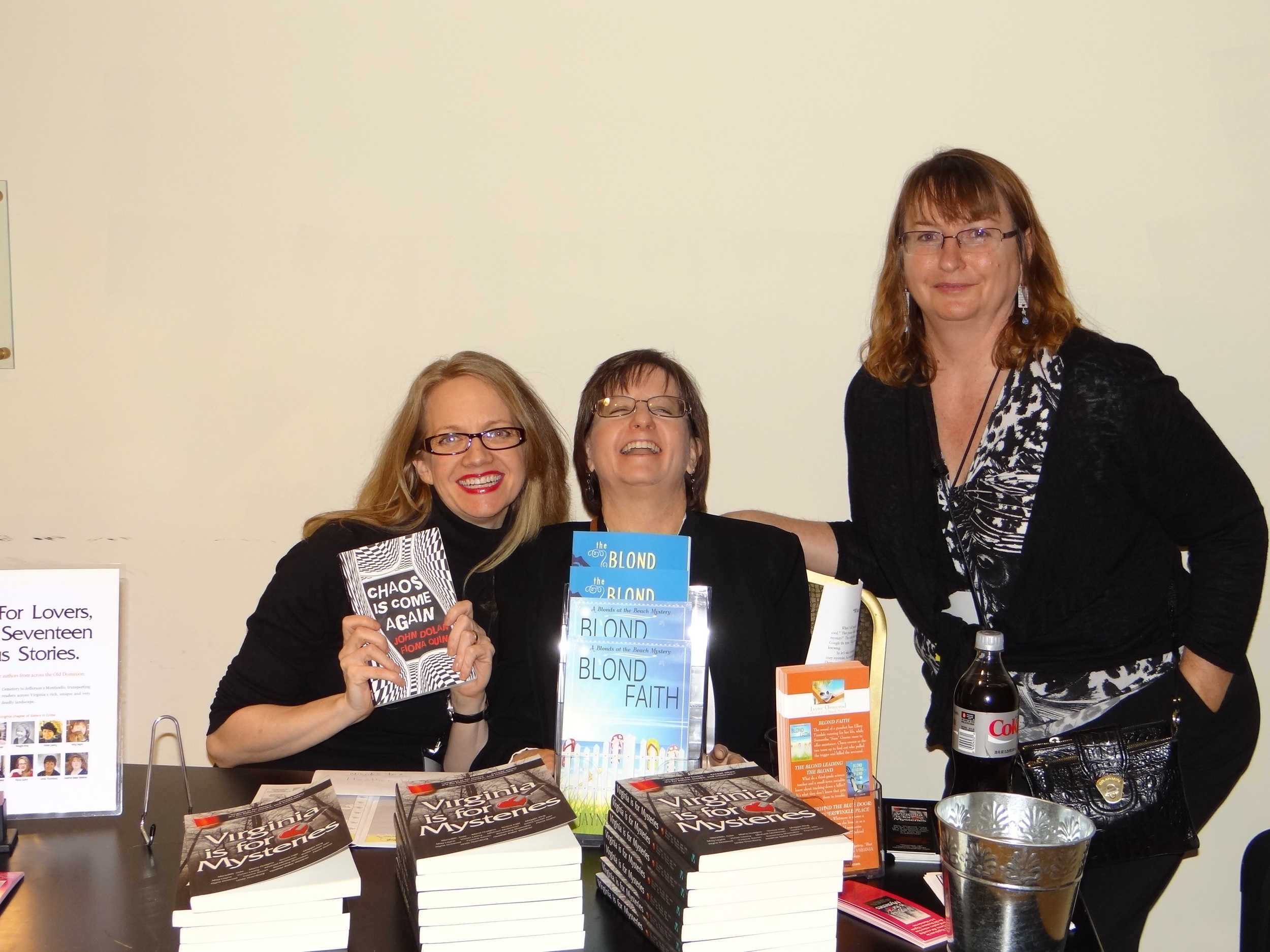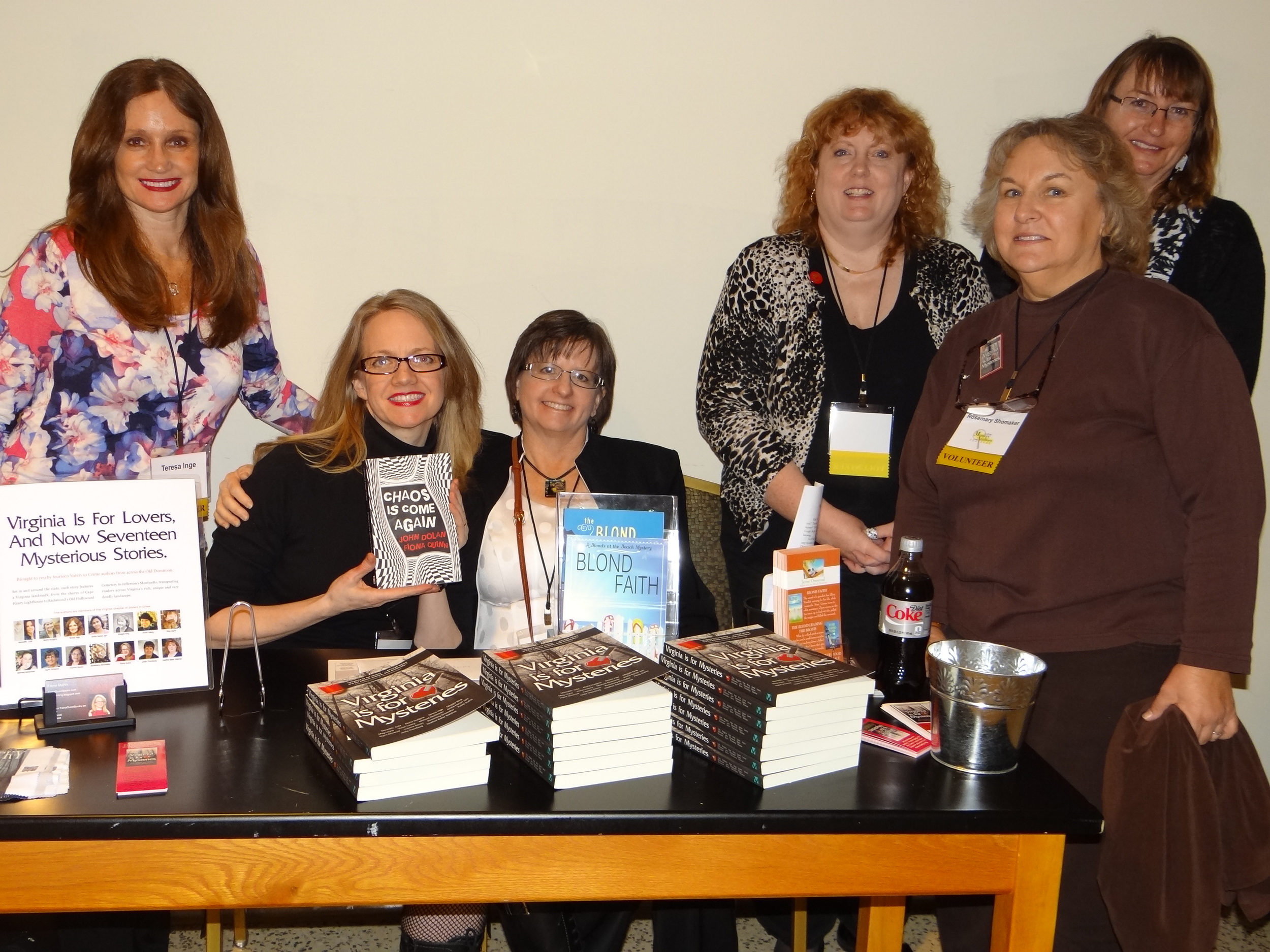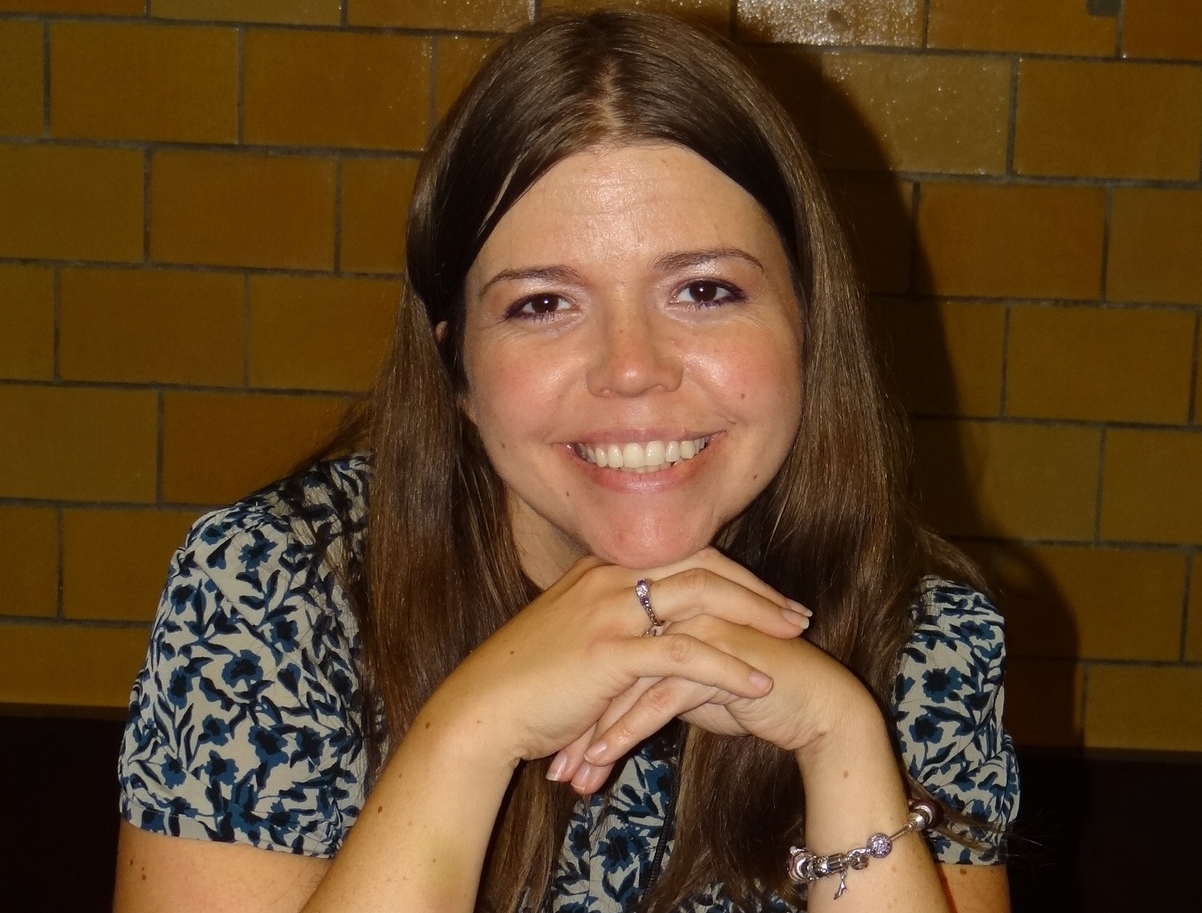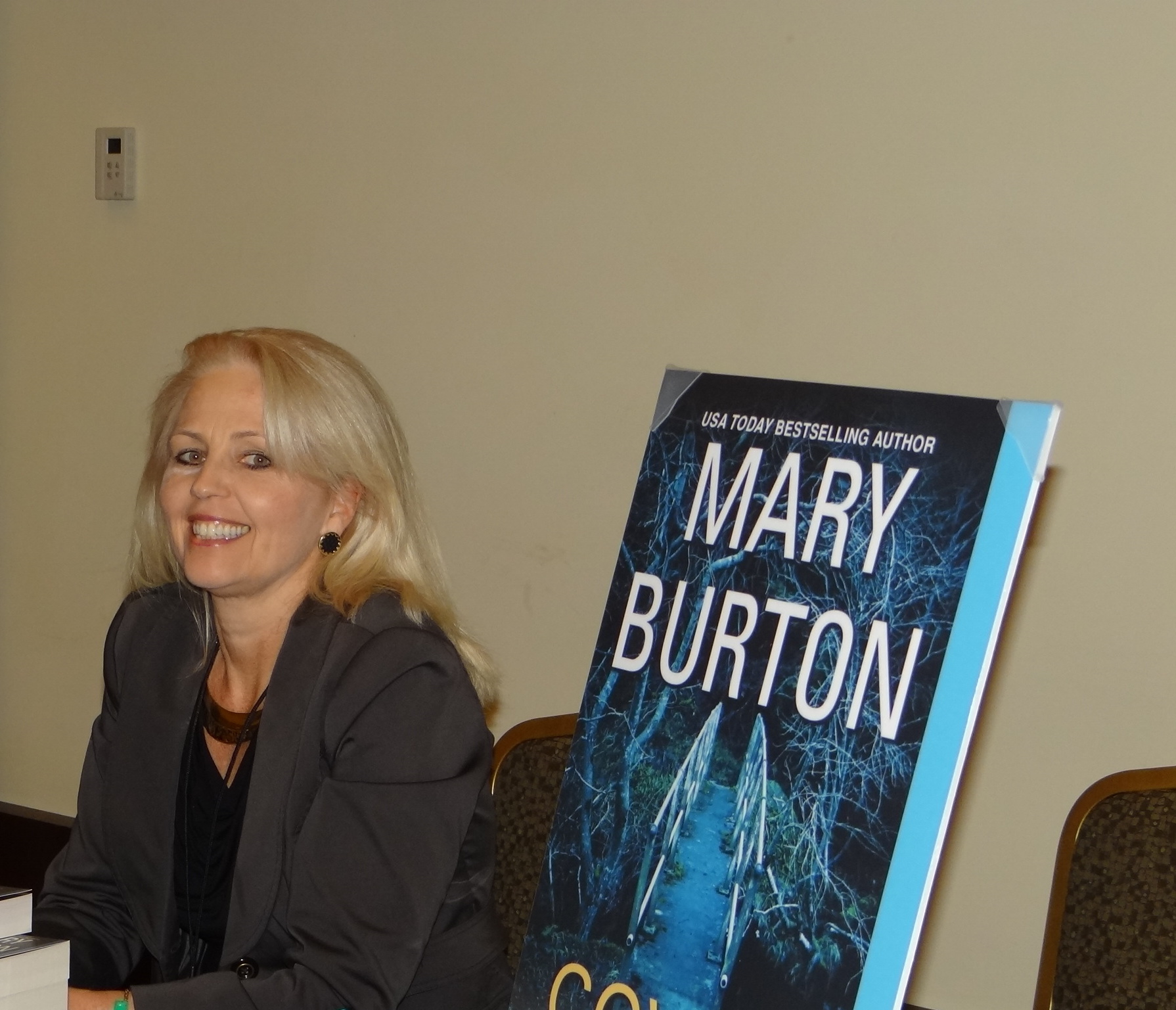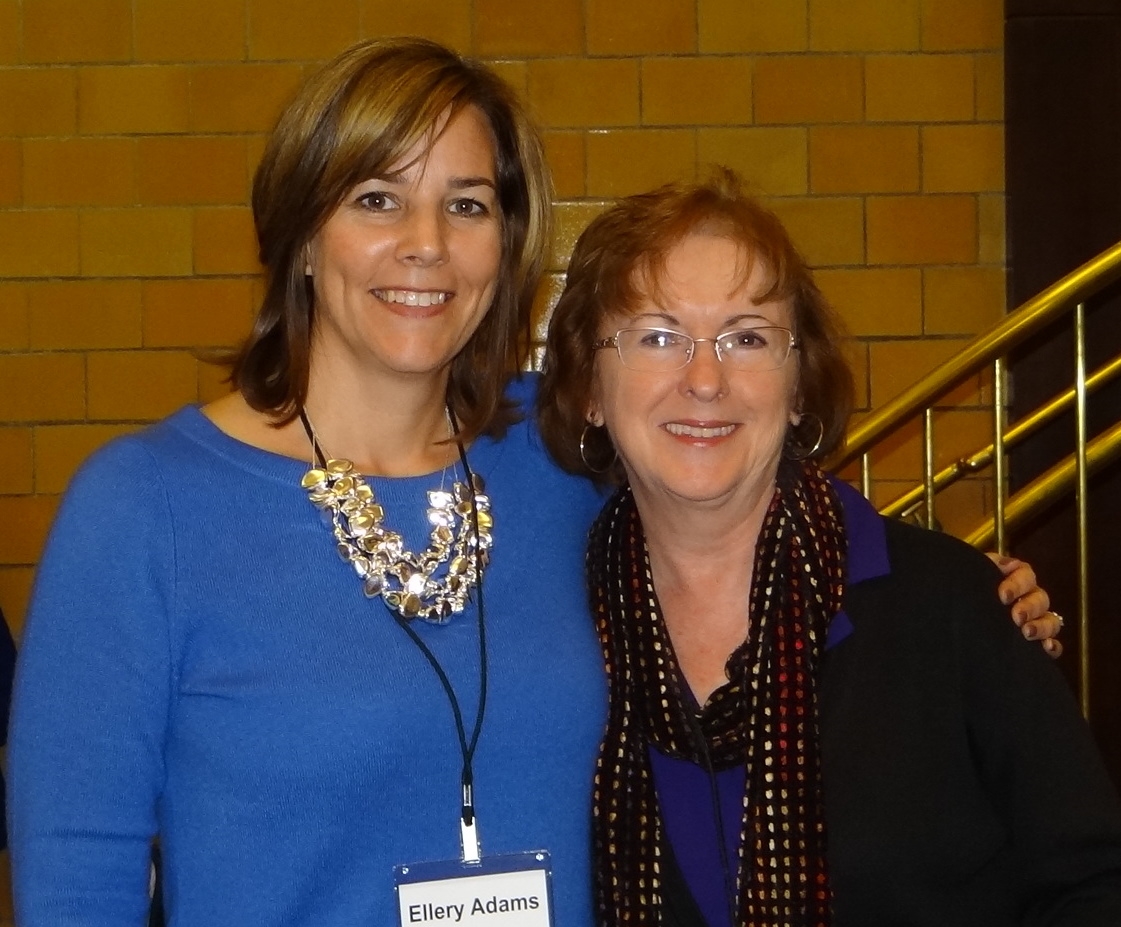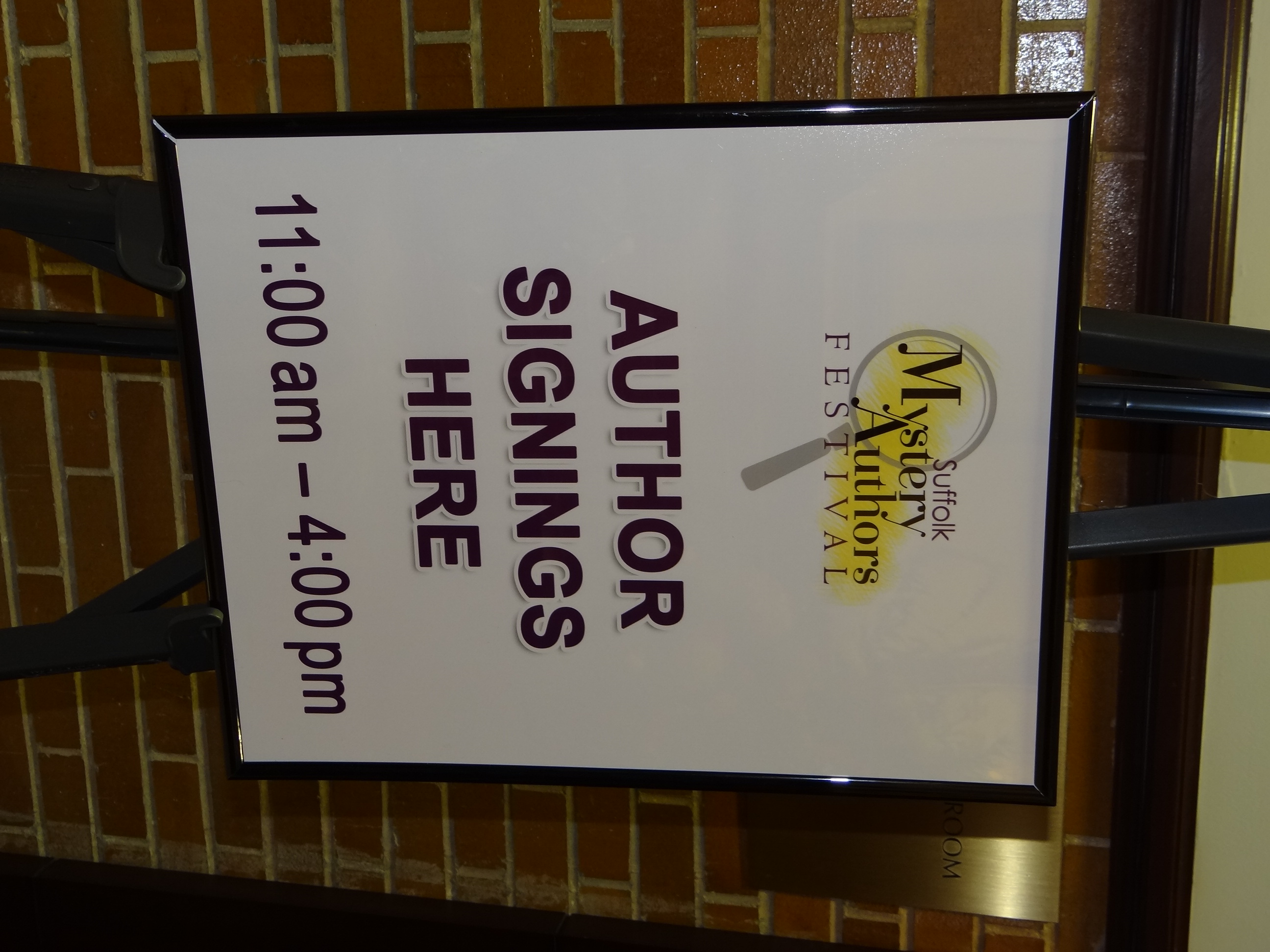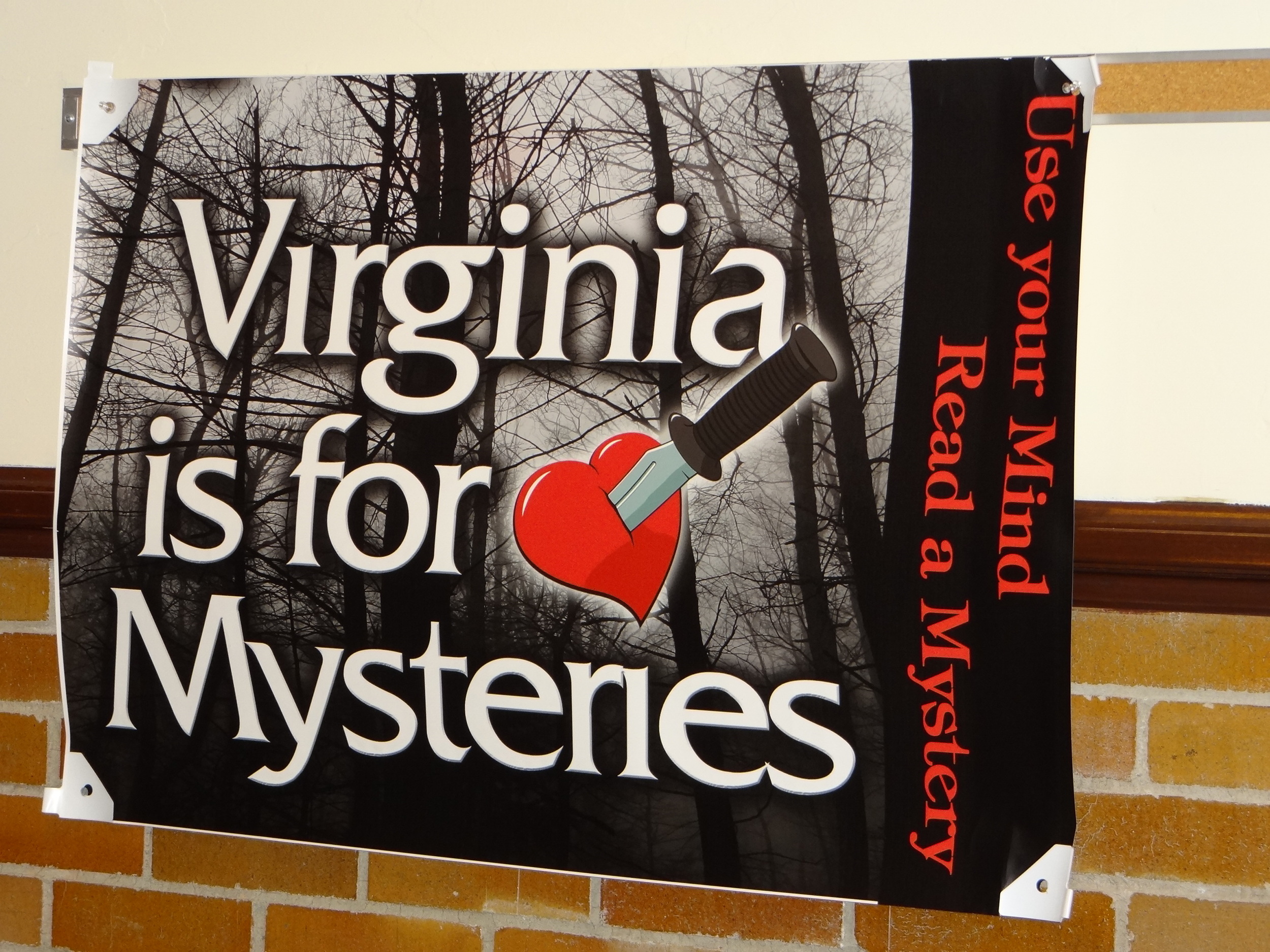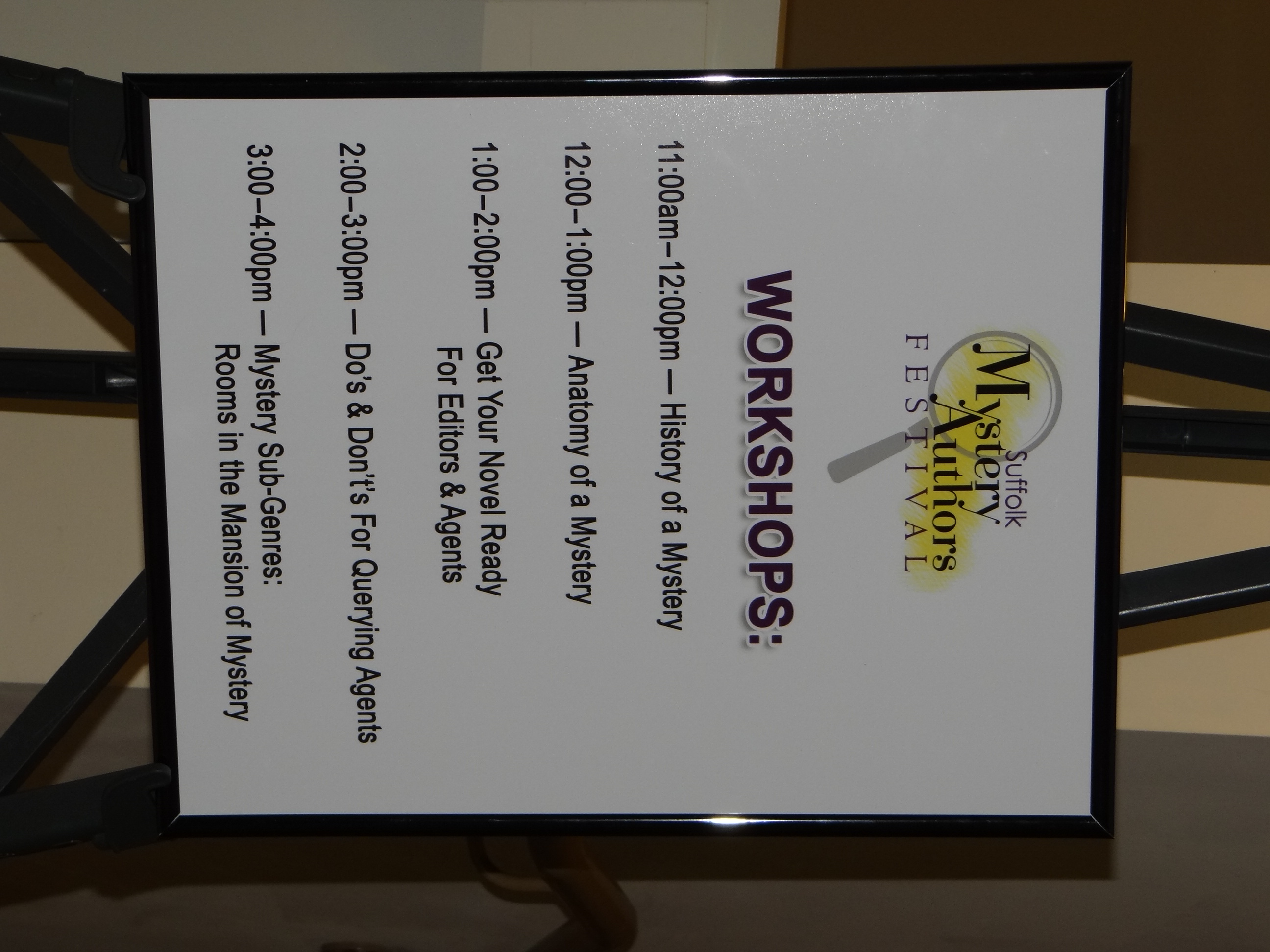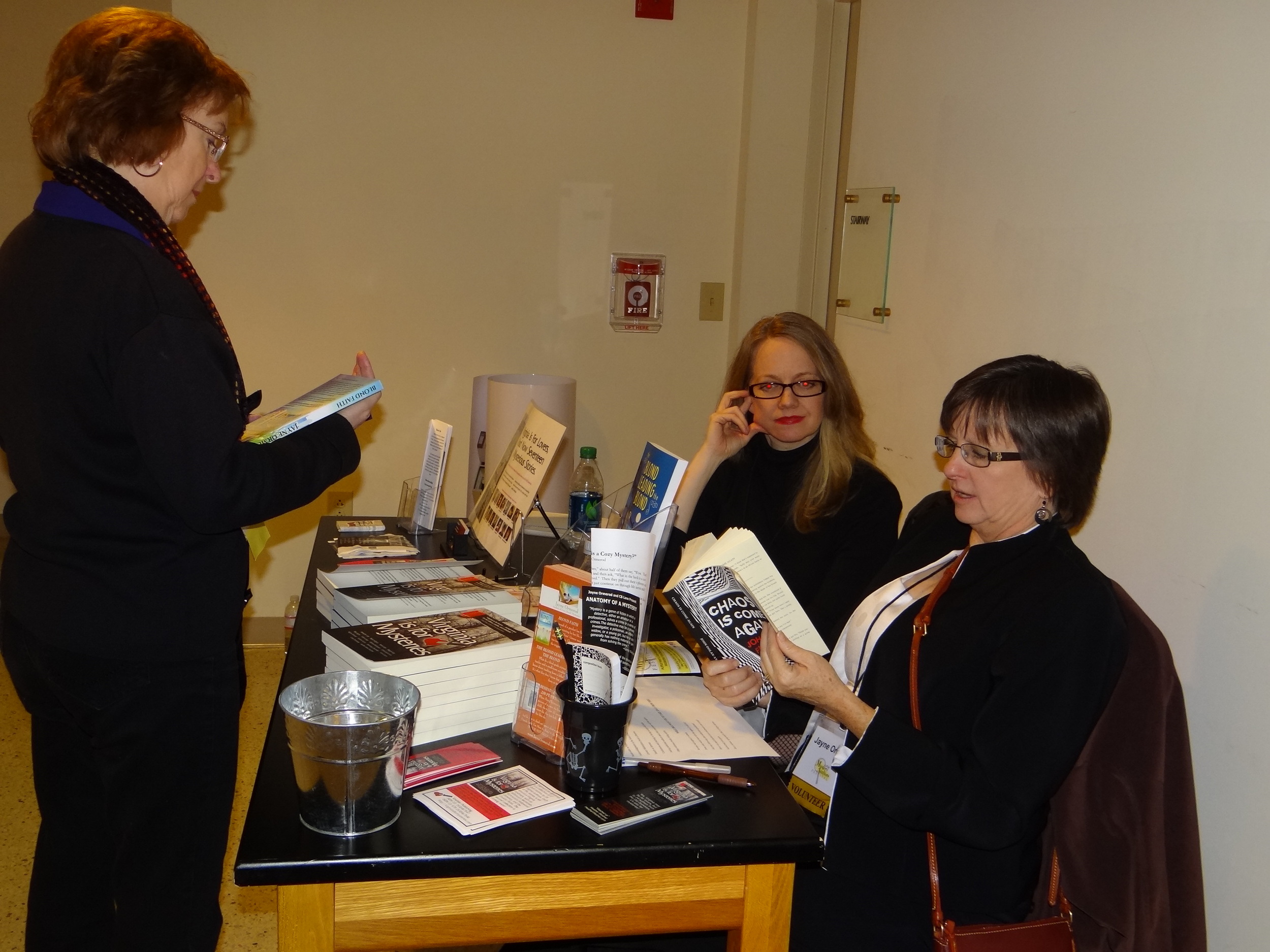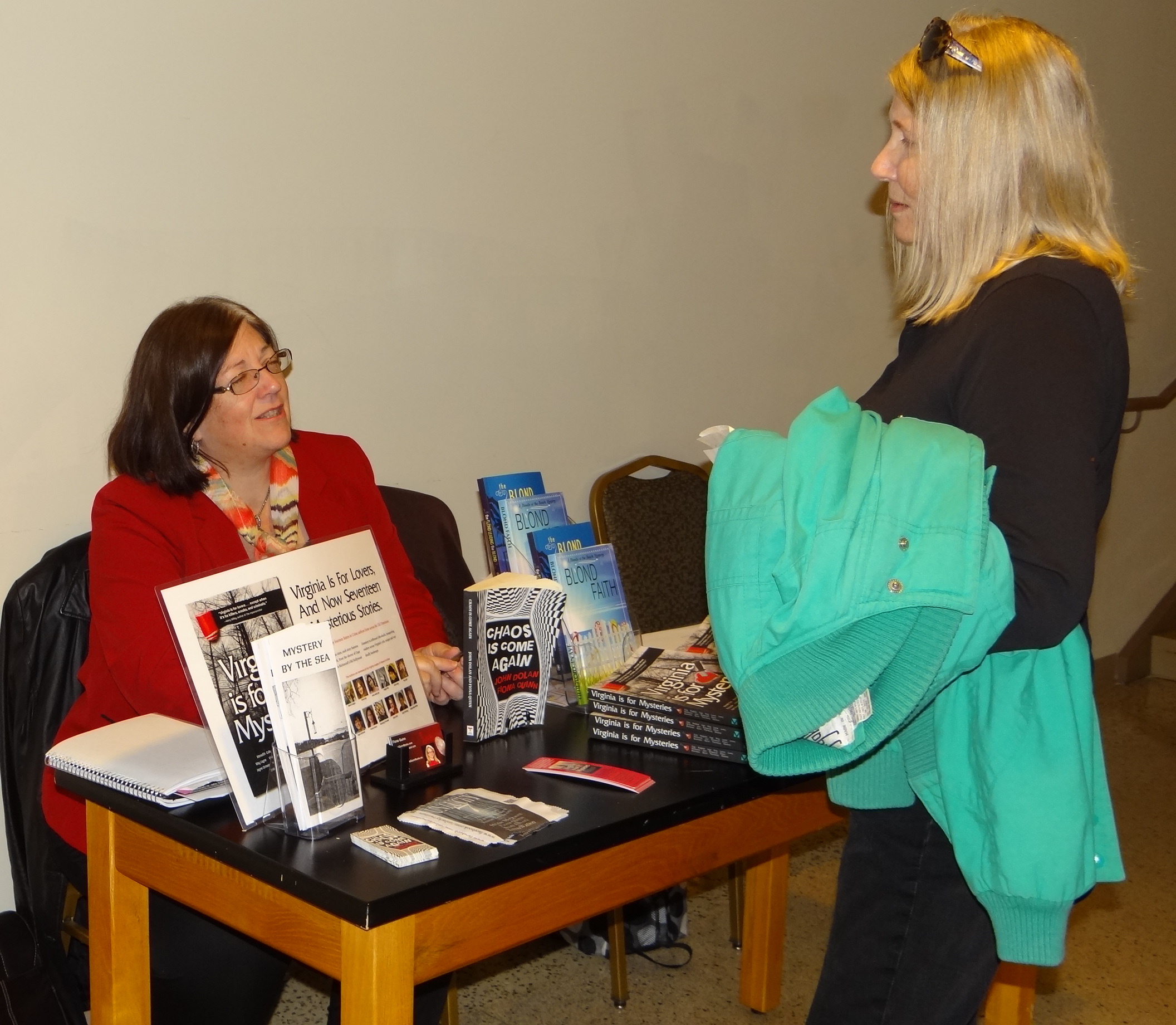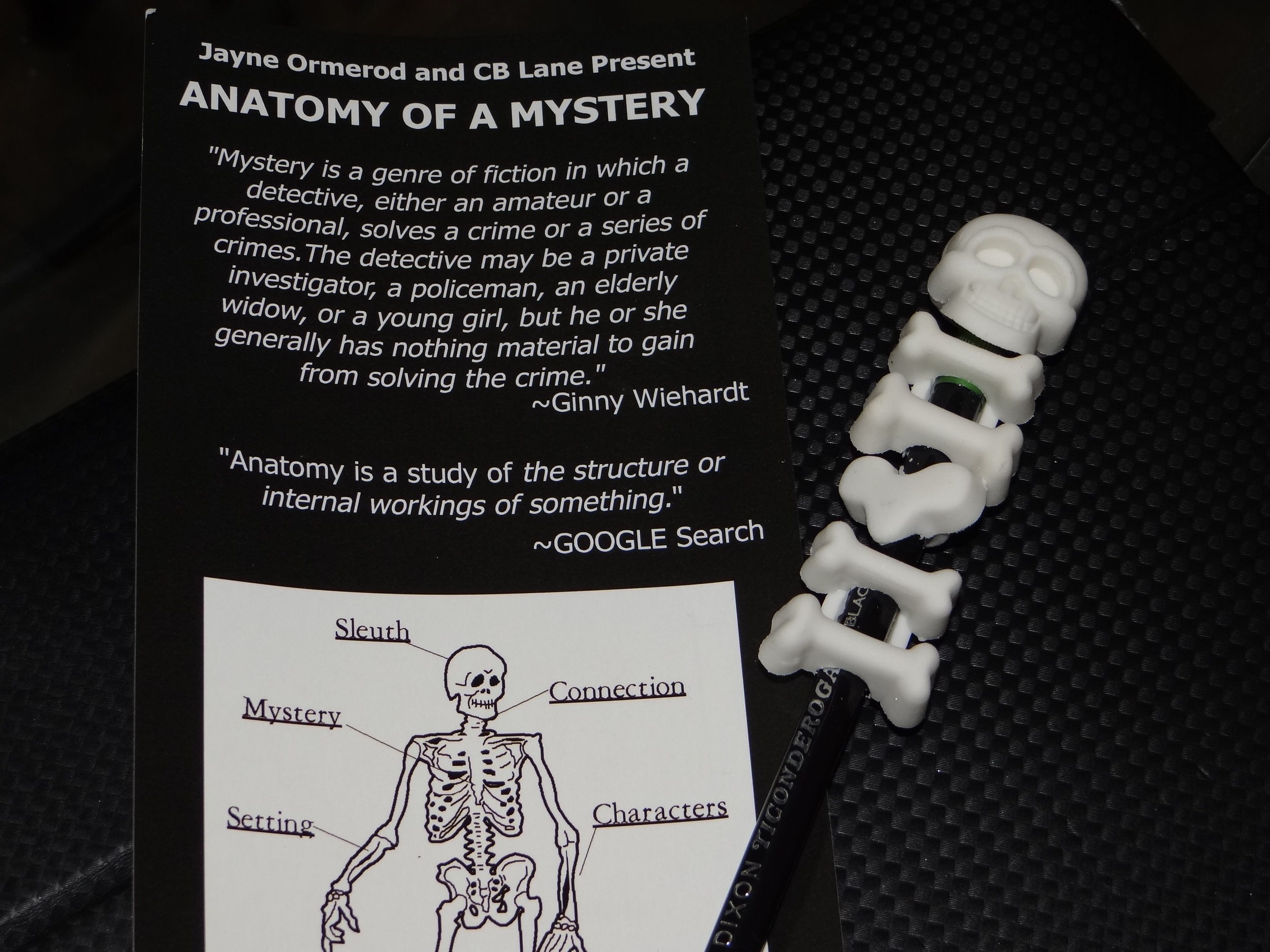What Makes Our Critique Group Work
/I love my critique group. I learn as much from the discussion of others' works as I do from when they review mine. Our background, genders, age groups, and life experiences are varied, and that's an asset because of the breadth of knowledge. The group shares resources, reads, and provides reviews for published works.
Here's Why Our Group Works...
1. No one knew each other before we started the group, and there were no predetermined alliances.
2. We set the rules/procedures up front, and we review them to see if they need to change.
3. We have one standing facilitator and a backup if she can't attend.
4. Participants don't have to provide materials for each review at each meeting. It's up to the submitter to determine when he/she has items to review. I don't submit every month, but it keeps me motivated and provides deadlines for writing.
5. The comments/feedback aren't personal. We all have a common goal to get our work published, and we want to make our manuscripts as strong as possible.
6. We mark typos, punctuation, and grammar issues, but we don't spend the group's discussion time dwelling on these types of issues.
7. In the discussion, if more than one person agrees or disagrees with a comment, we pipe up when it's mentioned instead of repeating the same things over and over.
8. We commit to reading and providing feedback each month as part of the group. It takes time, but it is worth it.
I have learned a lot from this group. If you are serious about writing, you need a good, strong writing partner or critique group.


